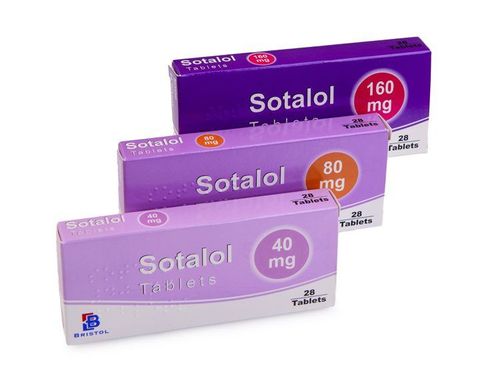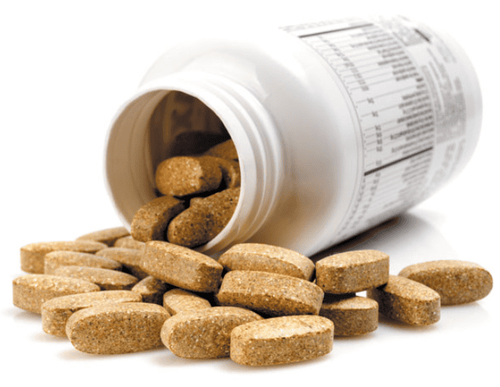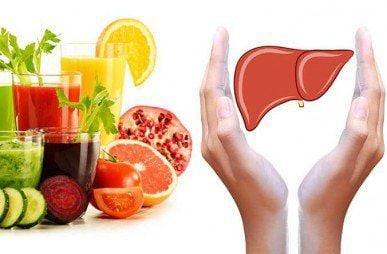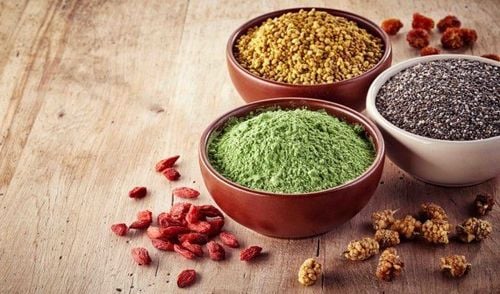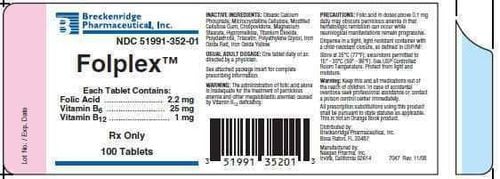This is an automatically translated article.
Carrot juice is extracted from whole carrots and is very nutritious. Not only does it provide potassium and vitamin C, but it's also incredibly rich in vitamin A. Drinking carrot juice is said to boost the immune system and improve eye and skin health, among other benefits. Here are the impressive benefits and how to make carrot juice.
1. Things to know about carrot juice
Carrot juice provides a colorful and nutritious start to each of us. A glass of carrot juice that provides many valuable nutrients and delicious taste is well worth a try.
Daucus carota sativus is a domesticated carrot and it looks nothing like its ancestor, the wild carrot, known as Daucus carota. Wild carrots are native to many parts of Asia, Europe and North Africa, but domestication began in the Iranian Plateau about 5,000 years ago. This relatively high-altitude region is home to present-day Afghanistan, Iran, and Pakistan. People in this area began to favor plants based on their color and flavor, eventually growing two main varieties: Eastern/Asian carrots, which are purple or deep orange-red, and Western carrots, which have a dark purple or red-orange color. orange, white or dark yellow.
Domesticated carrots coexist with wild carrots, although only the domesticated carrots are used for food. During the 1700s, Europeans began to favor orange plants. The Dutch were particularly fond of orange carrots, and it is from their influence that we have the modern orange carrot.
Today, carrots are grown in countries around the world, with the largest producers being the United States, China, India and Russia. Orange carrots are still the most popular variety and are used for most carrot juices.
2. 8 impressive benefits that carrot juice brings.
Here are 8 amazing benefits of carrot juice.
2.1. Carrot juice is very nutritious Carrot juice is low in calories and carbs while packed with nutrients. One cup (about 240 ml) contains:
Calories: 96 Protein: 2 grams Fat: less than 1 gram Carbs: 22 grams Sugar: 9 grams Fiber: 2 grams Vitamin A (as provitamin A): 255% DV Vitamin C: 23% DV Vitamin K : 31% DV Potassium: 15% DV Carrot juice also delivers the carotenoid pigments lutein and zeaxanthin, which acts as an antioxidant in your body. Antioxidants neutralize free radicals - the leading cause of chronic diseases. The main carotenoid present in carrot juice is beta carotene, which is what gives carrots their orange color. Our body can convert it into vitamin A - an antioxidant.

Nước ép cà rốt có tốt không là thắc mắc của nhiều người hiện nay
Furthermore, carrot juice is an excellent source of lutein and zeaxanthin, two other carotenoids that build up in the eyes and protect them from harmful light. A diet high in lutein and zeaxanthin may help reduce the risk of eye problems, such as age-related macular degeneration (AMD). An analysis based on the results of six studies has shown that a diet high in these compounds can reduce the risk of late-stage macular degeneration by up to 26% compared with people who eat the least of these foods. products containing these compounds.
2.3. Carrot juice can boost immunity Carrot juice can help boost our immune system health. Both vitamin A and vitamin C are found in carrot juice and act as antioxidants and protect your immune cells from the damaging effects of free radicals. In addition, carrot juice is a rich source of vitamin B6, providing more than 30% of the recommended daily requirement in 1 cup (240 ml). Vitamin B6 is not only required for an optimal immune response, but vitamin B6 deficiency is also associated with other diseases caused by immunodeficiency. In fact, one study in rodents found that a diet that didn't contain enough vitamin B6 suppressed the growth of immune cells called lymphocytes.
2.4. Carrot juice may help prevent certain types of cancer Test-tube studies have shown that certain compounds in carrot juice may help protect you against cancer. Specifically, polyacetylenes, beta carotene and lutein extracted from carrot juice have the potential to be effective against human leukemia cells. One test-tube study showed that treating leukemia cells with carrot juice extract for 72 hours resulted in cancer cell death and halted the growth cycle of the cancer. cell.
Another test-tube study gave similar results but indicated that polyacetylenes - not beta carotene or lutein but were the main anti-cancer agents in carrot juice. While these results seem promising, there are currently very few human studies on this effectiveness of carrot juice.
A 2-week study in 22 healthy young men showed that when you drink about 1.5 cups (330ml) of carrot juice per day there is no significant effect on the biological characteristics of the stool. related to colon cancer. However, this was a short study with a limited sample size. Overall, further research is needed and carrot juice should not be considered as a treatment for cancer.

Làm nước ép cà rốt uống có thể ngăn ngừa bệnh ung thư
2.5. Carrot juice supports blood sugar control Drinking a small amount of carrot juice will help lower blood sugar levels. Specifically, studies in rats with type 2 diabetes showed that fermented carrot juice reduced blood sugar levels and improved other related markers. That's because fruit juices in general and carrot juice in particular contain probiotics, which are beneficial bacteria that affect gut bacteria linked to diabetes. Another study in rodents showed that drinking purple carrot juice improves blood sugar control due to the anti-inflammatory effects of anthocyanin pigments.
However, these are very specific carrot juices. It is not known whether there are similar benefits in regular carrot juice. Even so, carrot juice has a low glycemic index (GI) - a measure to determine how much a certain food raises blood sugar levels after consumption. Consuming foods and beverages with a low glycemic index may help improve blood sugar in people with diabetes.
Therefore, carrot juice can be a better alternative to high GI juices. However, it's important to check portion sizes, as too much can cause blood sugar spikes.
2.6. Carrot juice improves skin health The nutrients found in carrot juice are especially beneficial for your skin health. One cup (250ml) of carrot juice provides more than 20% of the recommended daily requirement for vitamin C, a water-soluble nutrient needed for collagen production. This compound is the most abundant fibrous protein in the body and it provides elasticity and strength to our skin.
In addition, vitamin C acts as an antioxidant to protect your skin from the damaging effects of free radicals. The beta carotene found in carrot juice also helps support your skin. One study found that eating a diet rich in carotenoids can help protect your skin from ultraviolet (UV) damage and improve its appearance.
2.7. Carrot juice promotes heart health Carrot juice may help reduce risk factors associated with heart disease. First, carrot juice is a good source of potassium and a mineral that plays an important role in the proper regulation of blood pressure. A diet rich in potassium has been shown to protect against high blood pressure and stroke. The antioxidant compounds found in carrot juice are also likely to benefit your heart. A 3-month study of 17 adults with high cholesterol and triglyceride levels found that drinking 2 cups (480ml) of carrot juice per day significantly increased the antioxidants in your blood. and reduced lipid peroxidation can lead to metabolic cardiovascular disease.
2.8. Carrot Juice Protects Liver Health The carotenoids found in carrot juice are believed to promote the health of your liver. Several studies have also shown that the anti-inflammatory and antioxidant effects of carotenoids protect against non-alcoholic fatty liver disease (NAFLD). Nonalcoholic fatty liver disease occurs when fat builds up in the liver, often as a result of a poor diet, being overweight or obese. It can eventually progress to liver scarring and lasting damage.
An approximately 8 week study in rats found that carrot juice reduced several markers of nonalcoholic fatty liver disease. Another rodent study reported similar results, revealing that carrot juice did not reduce liver fat but did reduce markers of inflammation in the blood. However, more human studies are needed to corroborate this claim.
Carrot juice is extremely nutritious, providing many important nutrients such as potassium, several carotenoids and vitamin A, vitamin C as well as vitamin K. Drinking carrot juice regularly can help improve your health. eyes, strengthens the immune system and helps us to have a healthy skin. However, studies on the effects of carrots have almost exclusively been conducted on animals. Therefore, further human studies are needed to confirm. In addition, carrots also contain a significant amount of natural sugar, so we should drink carrot juice in moderation.
Please dial HOTLINE for more information or register for an appointment HERE. Download MyVinmec app to make appointments faster and to manage your bookings easily.
Reference sources: webmd.com, healthline.com




